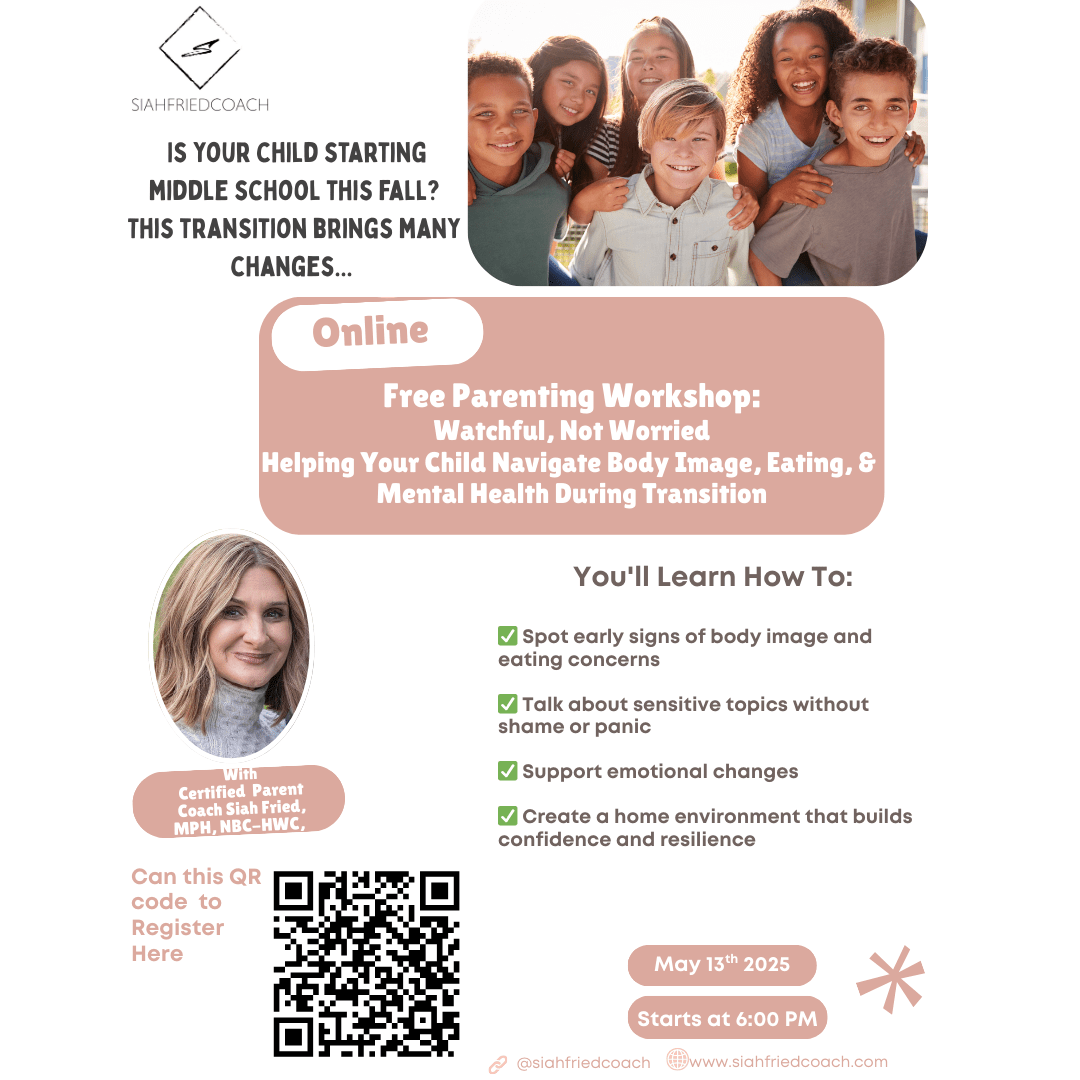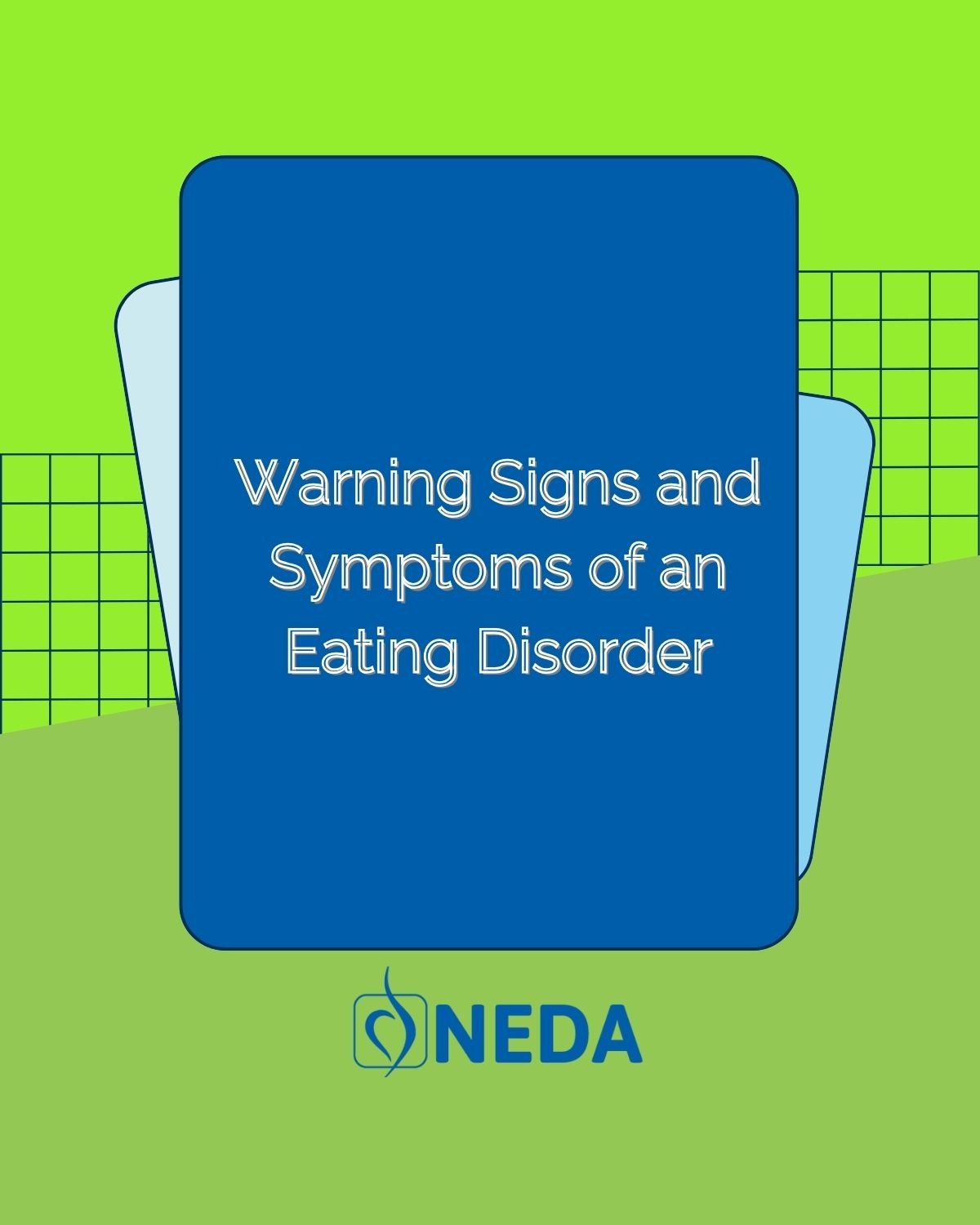Eat Intuitively: 3 Steps to Teach Your Child How to Eat Intuitively
🧠 Want your child to have a healthier relationship with food? How to Help Your Child Eat Intuitively:Learning how to help your child eat intuitively is one of the most valuable lifelong gifts you can give.Eat Intuitively: 3 Steps to Teach Your Child How to Eat Intuitively









